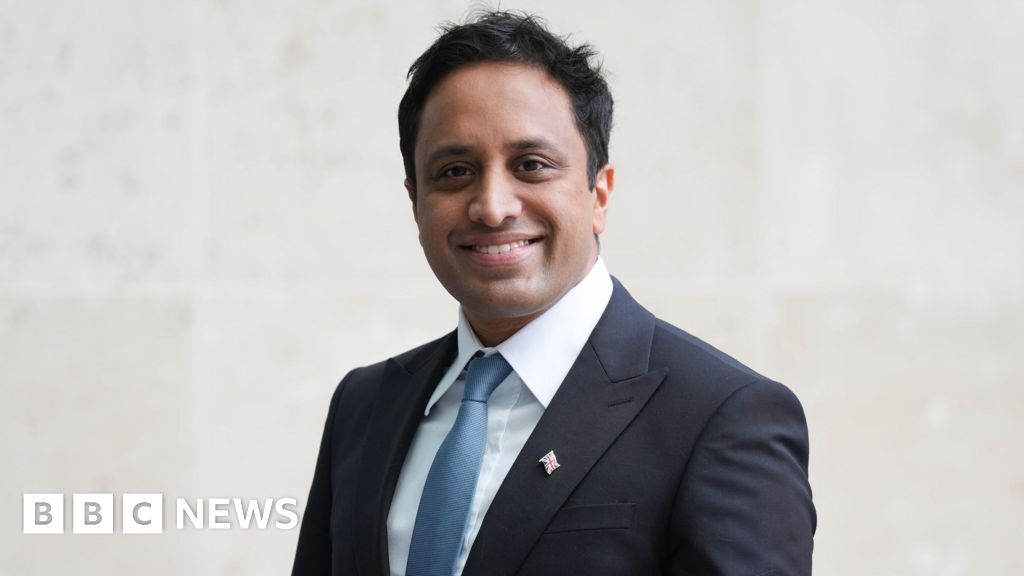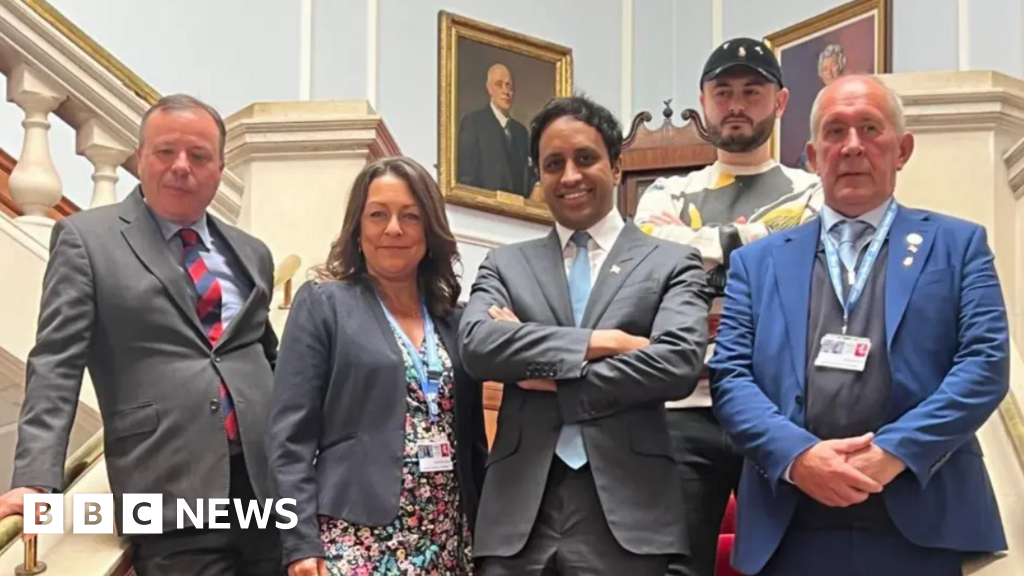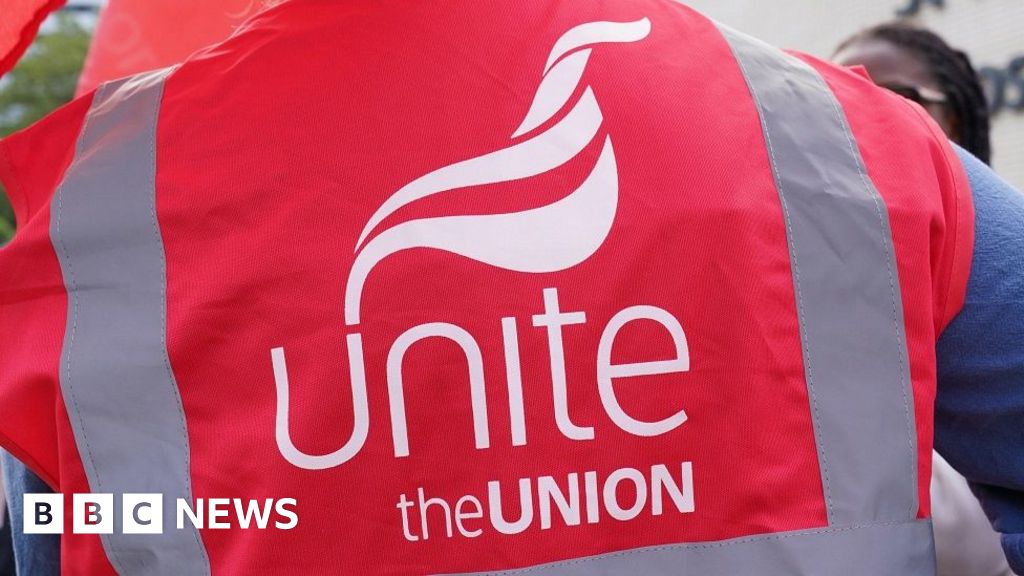ARTICLE AD BOX
The government believes there is a "strong case" for vaccinating healthy children aged 12-15, a source has told the BBC, as ministers await key advice from the UK's chief medical officers.
The four scientific advisers are due to make a decision within days.
On Friday, JCVI scientists decided against recommending the measure, saying that offering the jab to pupils provided only "marginal" gains.
It comes as millions of pupils have returned to school for the autumn term.
Health Secretary Sajid Javid has asked the chief medical officers - covering the four nations of the UK - to consider the rollout of the vaccine to 12 to 15-year-olds "from a broader perspective".
This means the rate of transmission will be a key consideration for the four chief medical officers, as will the wider impact on schools and society.
A government source told the BBC: "We believe there is strong case to vaccinate but await the advice of the chief medical officers."
BBC health correspondent Nick Triggle said: "Ministers have let it be known they are very keen on getting this age group vaccinated - both through their public pronouncements and privately behind the scenes."
In Scotland, pupils started returning to the classroom from 11 August.
However, cases doubled in a week, with the surge blamed partly on the return of schools after the holidays.
And last year, the surge that led to England's second nationwide lockdown gathered pace in September as firstly schools and secondly universities reopened.
The government has maintained throughout the pandemic that it will follow the advice of scientists.
While scientists on the JCVI make recommendations, the chief medical officers directly have the ear of ministers.
Prof Chris Whitty is England's chief medical officer, in Wales Dr Frank Atherton holds the role, in Scotland it is Dr Gregor Smith and in Northern Ireland Dr Michael McBride holds the position.
'Marginal gain'
The Joint Committee on Vaccination and Immunisation said on Friday that children were at such a low risk from the virus that jabs would offer only a marginal benefit.
The group did advise widening the existing vaccine programme to include an extra 200,000 teenagers with specific underlying conditions.
Doctors identified that children with chronic heart, lung and liver conditions were at much higher risk of Covid than healthy children.
The decision not to recommend the vaccine to all healthy children was based on concern over an extremely rare side effect of the Pfizer and Moderna vaccines that causes heart inflammation, and can lead to palpitations and chest pain.
Data from the US, where millions of young teenagers have been vaccinated, suggests there are 60 cases of the heart condition for every million second doses given to 12 to 17-year-old boys (compared to eight in one million girls).
France, Italy, Israel and Ireland are also offering the vaccine to all children in this age group.
But as children are at such low risk from the virus, the JCVI decided that vaccination would offer only "marginal gain" and, therefore, there was "insufficient" evidence to offer mass vaccination to this age group.
The JCVI said it was difficult to factor in long Covid in its advice because of the uncertainty over how common it is in children, although it appears to be less prevalent than in adults.
Paediatricians say that healthy children with Covid end up in intensive care at a rate of two in one million, but this rises to 100 in one million for children with certain health problems.
On Friday, 42,076 cases of coronavirus were reported in the UK and 121 deaths within 28 days of a positive test.
What questions do you have about the decision not to recommend vaccination for healthy children aged 12-15 years on health grounds?
In some cases your question will be published, displaying your name, age and location as you provide it, unless you state otherwise. Your contact details will never be published. Please ensure you have read our terms & conditions and privacy policy.
Use this form to ask your question:
If you are reading this page and can't see the form you will need to visit the mobile version of the BBC website to submit your question or send them via email to YourQuestions@bbc.co.uk. Please include your name, age and location with any question you send in.
The BBC is not responsible for the content of external sites.

 3 years ago
126
3 years ago
126








 English (US) ·
English (US) ·